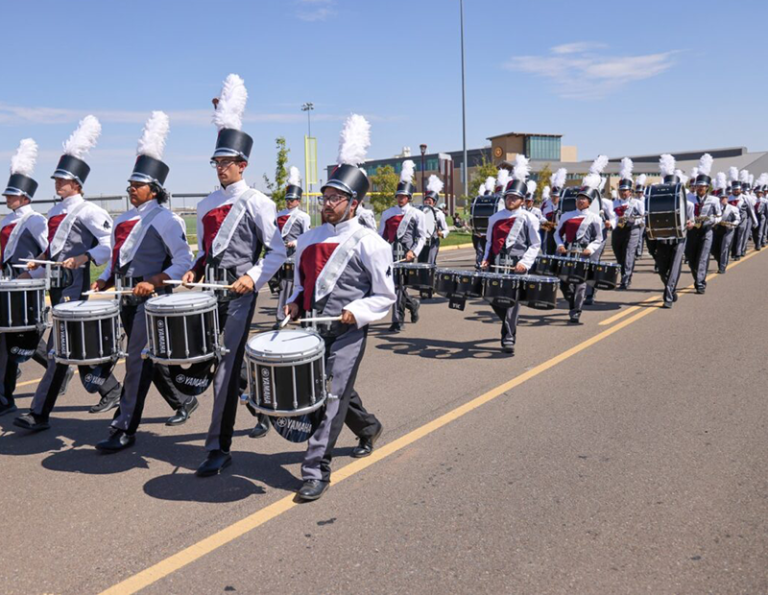
Alma Mater
The term “alma mater” is used by thousands of graduates from universities worldwide to refer to the college or school they attended. Its meaning, derived from Latin, is translated as “nourishing mother.” The University of Bologna, founded over one millennium…



